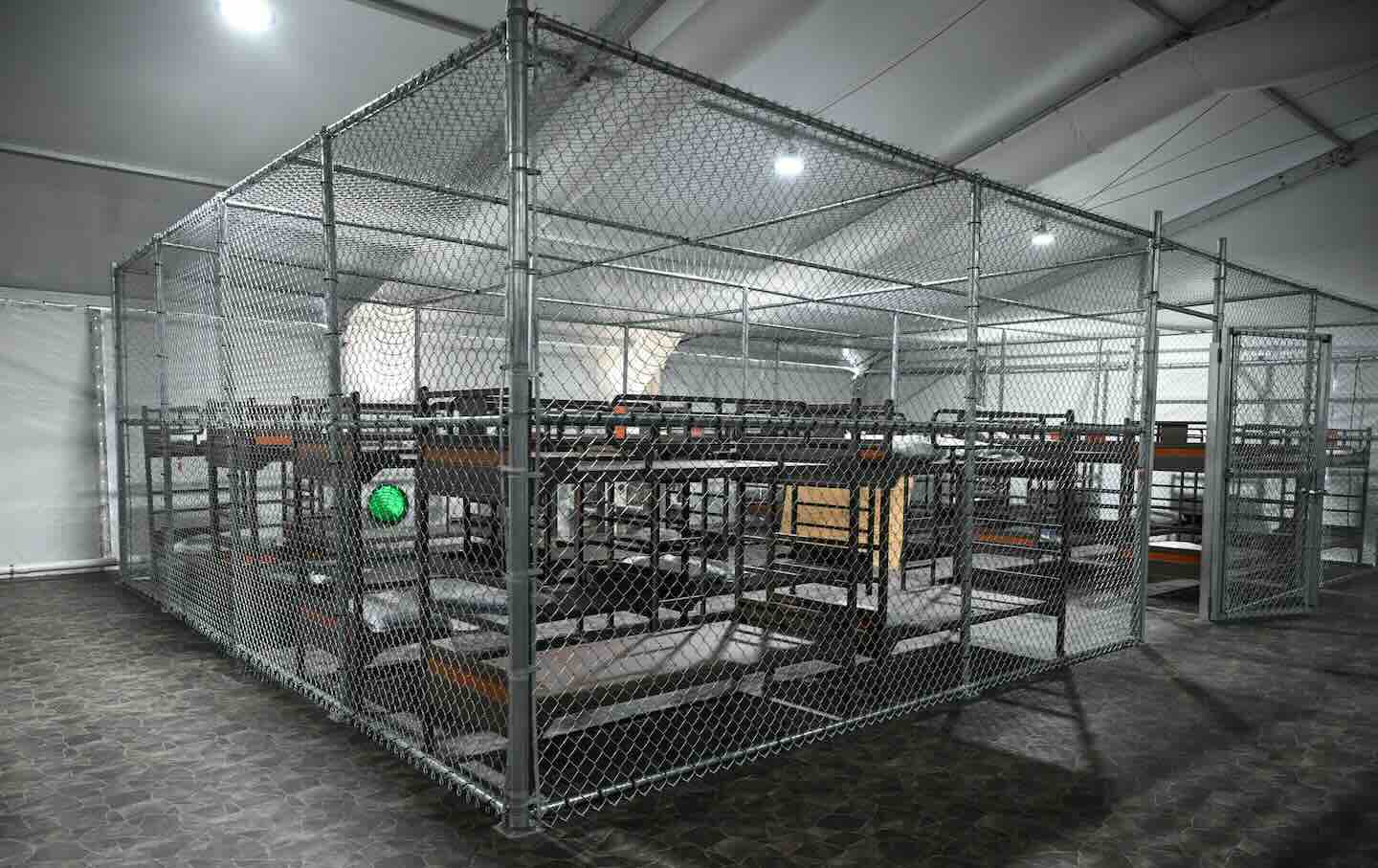
"Many were tortured in the KGB basement, some were executed, others were deported to the far corners of the Soviet Union, to places where they didn't speak the language or know the culture."
"The KGB cells in Tallinn are, rightly, viewed as horrific manifestations of an unredeemable totalitarian regime."
"Dissidents, free thinkers, political leaders, academics, and others who were deemed a danger to the Soviet state were placed into those cells in 1940."
"Peepholes drilled into the wall contain photographs of individual victims whose stories were truncated, people who were deemed by the powers-that-be to be enemies against whom the full might of the security state should be directed."
The KGB interrogation cells in Tallinn reflect the horrors of Soviet-era repression. Established after Estonia's independence was crushed, these cells housed dissidents and political figures deemed threats. Many faced torture, execution, or deportation to remote, unfamiliar regions of the Soviet Union. The remnants of this totalitarian regime still evoke fear, humiliation, and punishment. A memorial wall nearby commemorates victims of Stalin's purges, illustrating the disturbing legacy left in Estonia by decades of Soviet rule and the normalization of brutality against dissenters.
Read at The Nation
Unable to calculate read time
Collection
[
|
...
]